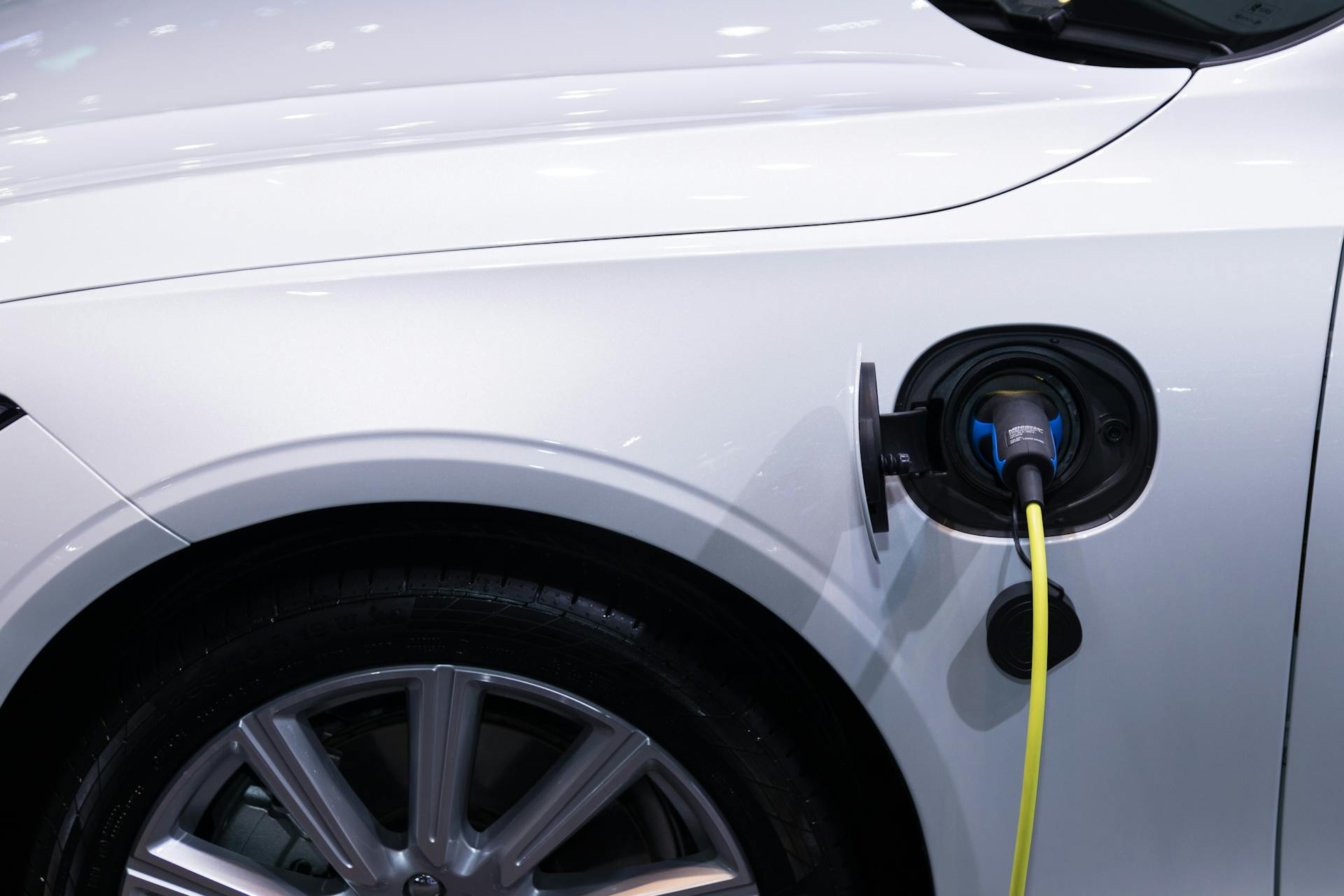The Executive Summary is an excerpt from the study ‘Technology-neutral vs technology-specific policies in climate regulation: the case for transitioning to zero-emission mobility’, drafted by Carl-Friedrich Elmer, Senior Economist at Agora Verkehrswende, with the contribution of Massimiliano Bienati, ECCO Transport Programme Manager. The study has been peer reviewed by Prof. Matteo Di Castelnuovo, Director of the Master in Sustainability Management, SDA Bocconi. The complete study will be published in the coming days by ECCO and Agora Verkehrswende and will be promptly communicated to all interested stakeholders.
The study claims that were mentioned in this executive summary were discussed during the Annual Conference of the Master in Sustainability Management, organised by SDA Bocconi, in collaboration with ECCO and Agora Verkehrswende on the 16th of October, 2024.
Watch the conference here (first part, second part)
Download the executive summary here
The debate between technology-neutrality and technology-specificity plays a pivotal role in climate regulation in general, and has recently drawn particular attention with regards to the transition to zero-emission mobility. At first glance, technology-neutral approaches like carbon pricing seem to offer the most efficient pathway to decarbonization by allowing market participants to choose the most cost-effective methods to reduce emissions.
Comprehensive carbon pricing, in theory, equalizes marginal abatement costs across sectors and technologies, encouraging reductions where they are cheapest and allowing innovation to flourish without government interference. However, this theoretical superiority relies on assumptions of undistorted, perfectly working competitive markets as well as informed and fully rational actors—conditions that are rarely met in the real world.
In reality, besides carbon markets being regionally and sectorally fragmented, market imperfections such as information asymmetries, positive externalities, behavioural biases, and entrenched technological path dependencies limit the cost-effectiveness of carbon pricing alone. These barriers can prevent consumers and firms from making optimal decisions, necessitating more targeted regulatory interventions, like CO₂ standards, to complement carbon pricing and drive the necessary technological innovation.
Another key reasons why the upcoming revision of European CO₂ standards must not weaken these regulations is the international competitiveness of the European automotive industry. Stringent standards push manufacturers to innovate in electric drivetrains, battery technologies, and energy-efficient vehicle designs.
As global demand for zero-emission vehicles rises, maintaining technology leadership—also in EV technology—is crucial for European automakers to secure their market share in rapidly evolving markets, including China and the U.S.. Weakening standards would not only slow progress on decarbonization but also jeopardize Europe’s standing in the global automotive market.
In addition to boosting competitiveness, the current CO₂ standards play a vital role in reducing the vehicles’ specific energy consumption, directly benefiting consumers by lowering specific fuel costs. By making vehicles more energy-efficient and less CO2-intensive, the standards also indirectly reduce CO₂ prices in the future ETS2, further relieving financial pressure on consumers in the transport sector.
Widening the scope of the CO2 fleet regulation beyond vehicle characteristics directly controlled by manufacturers does not seem warranted for several reasons. Vehicle technology and fuel regulation should remain separate to assign clear responsibilities, ensure effective decarbonization, encourage innovation, and save consumers money. Focusing on vehicle attributes like tailpipe emissions and specific energy consumption drives manufacturers to develop more energy-efficient vehicles, particularly EVs.
Including renewable fuels such as biofuels and e-fuels as compliance options could hinder this progress, as these fuels do not improve vehicle efficiency, are costly, and may delay EV development and the necessary infrastructure. Moreover, large-scale production of first-generation biofuels competes with sectors like food production and can cause deforestation and land-use conflicts.
Second-generation biofuels are more sustainable but limited by feedstock availability. E-fuels require large amounts of renewable electricity, which is still in limited supply and unlikely to meet rising demand. Finally, biofuels and e-fuels are crucial for sectors like aviation and shipping, where decarbonization alternatives are still lacking, making their diversion to passenger cars inefficient and counterproductive.
Expanding fleet standards even further to cover the entire vehicle lifecycle also poses challenges, such as blurring responsibilities and the difficulty of collecting accurate global supply chain data, along with the risk that default values could stifle innovation. Treating manufacturing and use-phase emissions as a single metric is problematic, as it mixes fixed and usage-dependent impacts, potentially creating new inefficiencies. To address upstream and downstream emissions, dedicated policy instruments like the EU’s Renewable Energy Directive, the New Batteries Regulation or the Corporate Sustainability Due Diligence Directive are more suitable.
While the core components of the CO₂ standards should be preserved, gradual adjustments in the upcoming revision are warranted to reflect the evolving nature of the automotive market, particularly as electrification becomes more prominent. One such adjustment is the future regulation of vehicles’ specific energy consumption.
As EVs become more widespread, it will be important to increasingly shift focus from tailpipe emissions to total energy consumption, ensuring that the environmental benefits of electrification are not undermined by increasing vehicle size and energy use due to a lack of regulation. Regulating specific energy consumption offers a way to conserve resources, ease environmental strain, and reduce costs for drivers.
Insofar as manufacturers seek additional compliance flexibility, flexibility mechanisms such as banking and borrowing could be considered, provided that these mechanisms do not compromise the environmental integrity of the standards. Flexibility must not become a loophole that delays necessary emissions reductions; instead, it should be implemented with safeguards to ensure steady progress toward climate goals.
In conclusion, while carbon pricing – e.g., via the EU ETS2 – remains an essential tool for decarbonization, a well-rounded policy mix, including targeted technology-specific interventions, is crucial for ensuring both environmental effectiveness and economic efficiency in the transition to zero-emission mobility.
Beyond carbon pricing, instruments such as R&D support, infrastructure investments, and improved information policies are needed to address market imperfections. Within the policy mix, the EU’s CO₂ standards are a key instrument; they are indispensable for driving the innovation required to meet Europe’s climate and competitiveness goals.
As the automotive sector shifts towards zero-emission mobility, these regulations must evolve thoughtfully to maintain their effectiveness, provide stability to investors, strengthen the competitiveness of European manufacturers, and continue to deliver both environmental and consumer benefits.
Download the executive summary here
Photo by Rathaphon Nanthapreecha





